Keeping bugs away isn’t just about the insect repellent you put on body — it may also be about the food you put IN your body. These 11 foods are said to have bug-banishing properties that will make you far less attractive to any insects who crash your backyard barbecue.
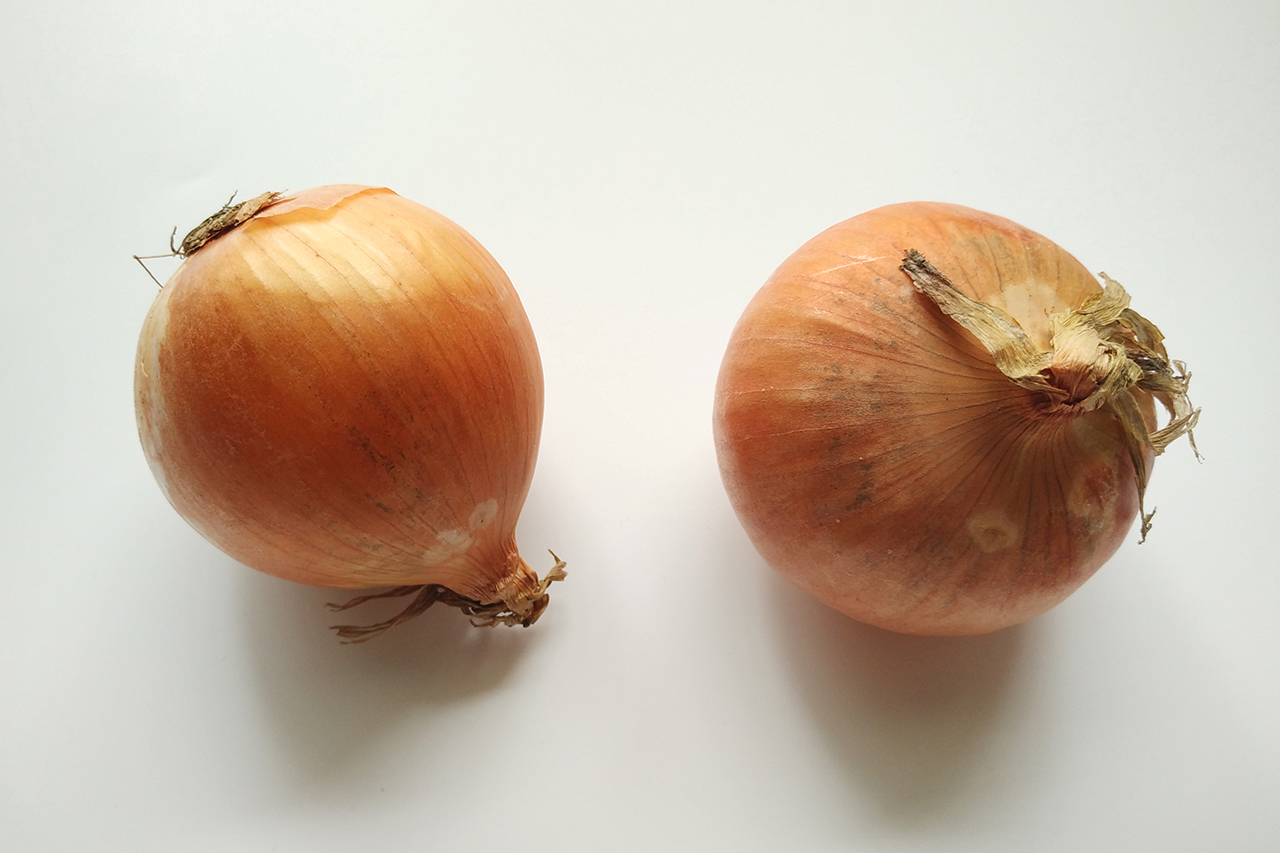
Onions
Like garlic, onions also contain high traces of insect-repelling allicin (as do leeks, chives, and shallots). Like garlic, however, the effects of allicin are thought to be most effective when onions are eaten raw; you may not be the most popular person at the barbecue, but at least your body won’t be a smorgasbord for biting bugs.
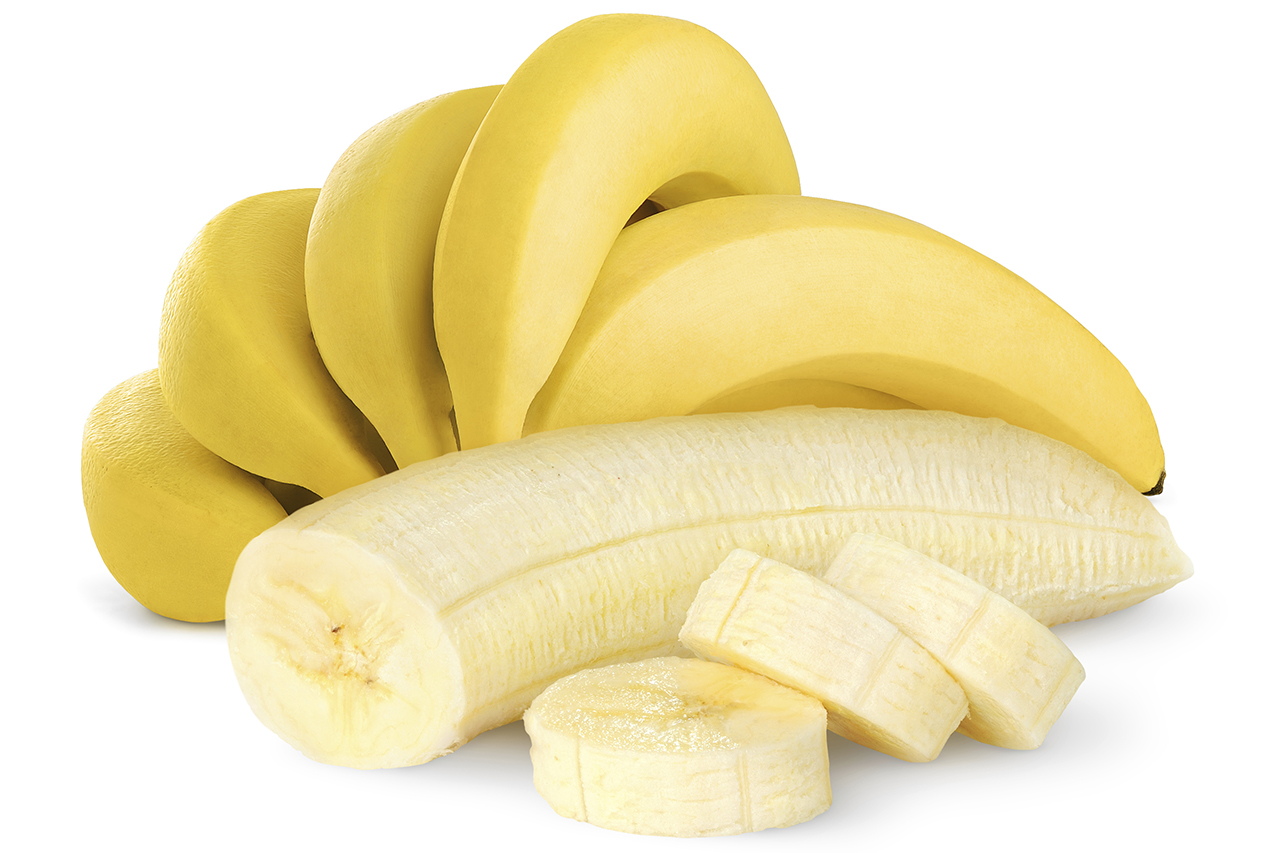
Bananas
While actual scientific proof of bananas’ effectiveness as an insect repellent are a bit inconclusive, some people swear by them. One possibility could be a chemical called 3-octanol found in bananas and is said to be a natural insect repellent, while another could be bananas’ high levels of potassium, which increase our bodies’ production of lactic acid; the less lactic acid, the less attractive we are to bugs.
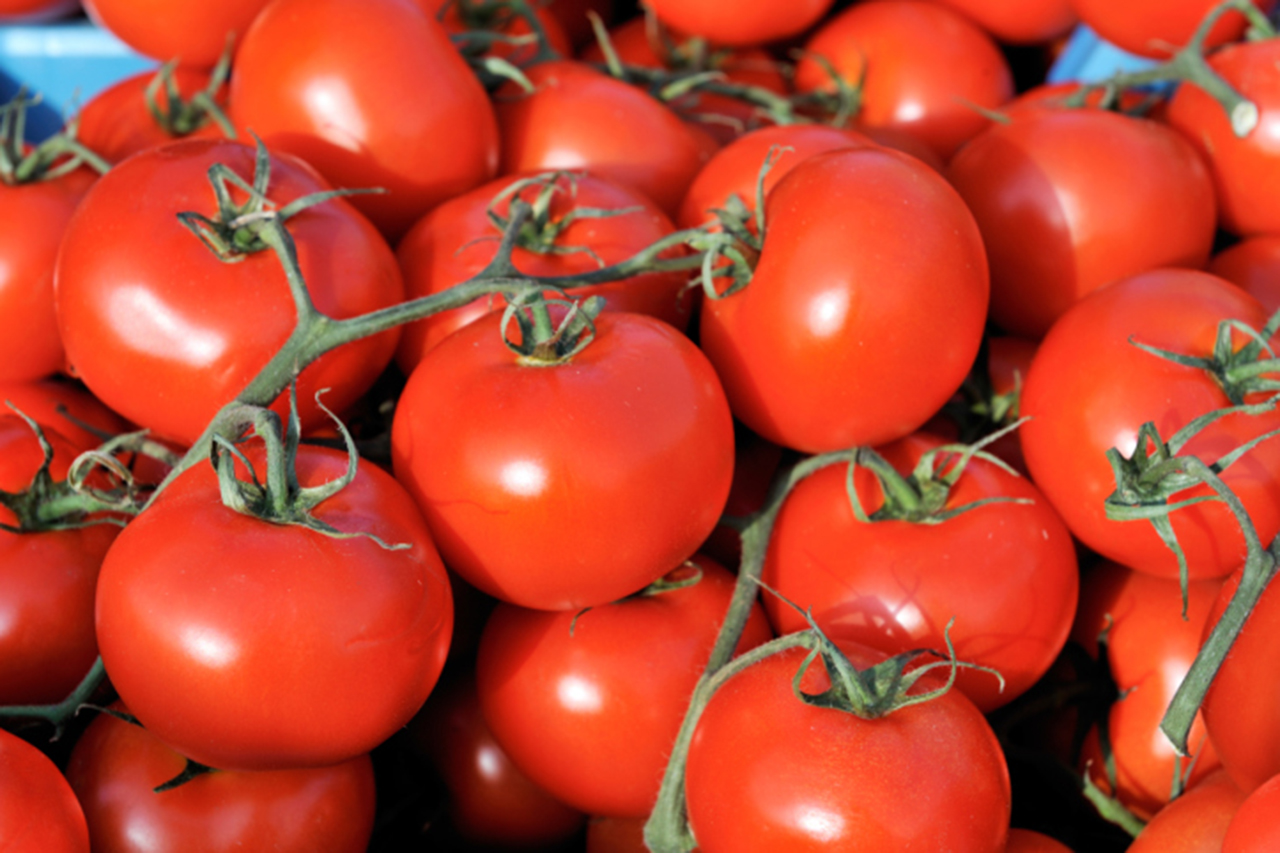
Tomatoes
Like beans and vegemite, tomatoes are an excellent source of thiamine. Not only will a diet rich in tomatoes make you less attractive to bugs, but rubbing tomato juice on a bug bite is said to reduce pain and itchiness.
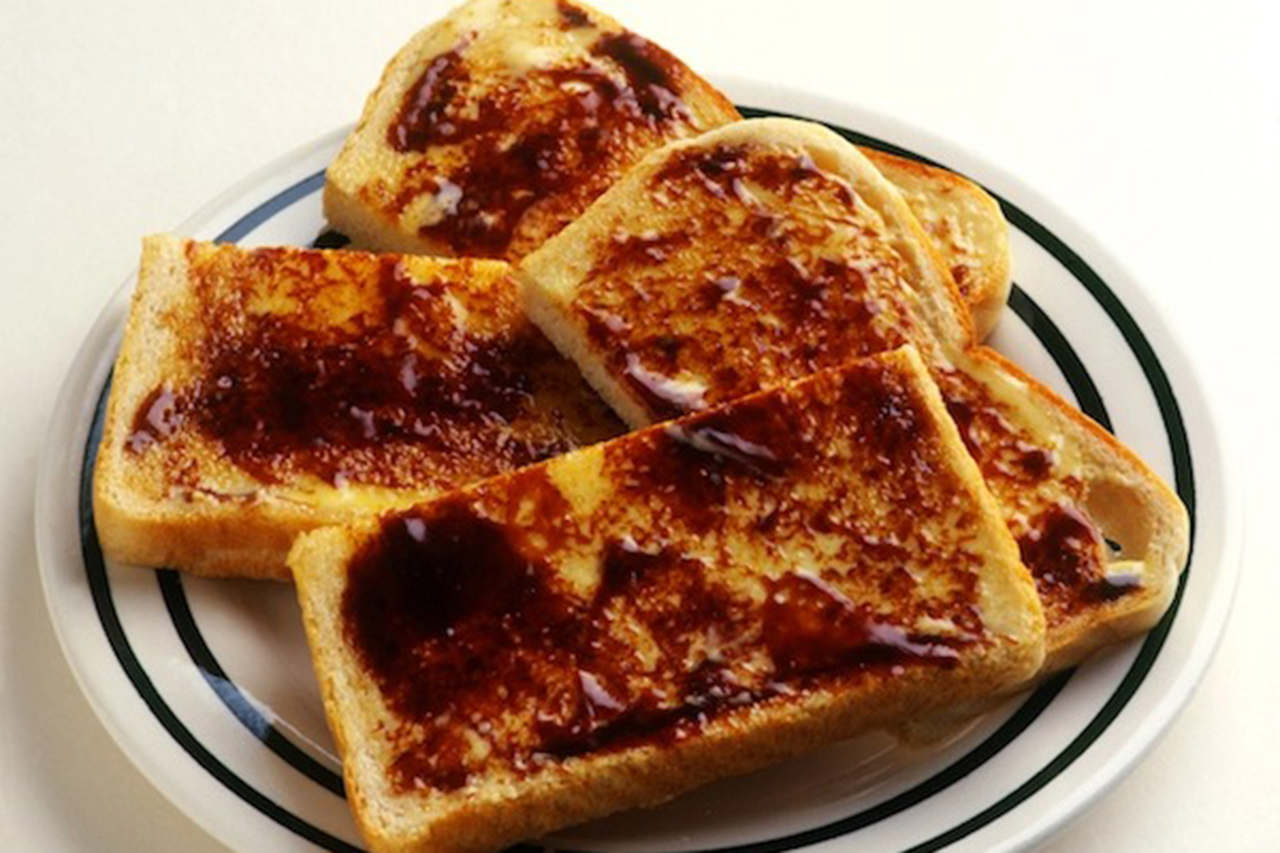
Marmite and Vegemite
Even though Australians can’t get enough of the stuff, most non-Aussies approach the prospect of eating yeast-based vegemite and marmite with the kind of enthusiasm usually reserved for a root canal. However, you may want to force your tastebuds to suck it up and smear some on a cracker. The reason: like beans and lentils, both marmite and vegemite are loaded with thiamin, and the thinking is that it causes your skin to emit a yeast-like odor that sends mosquitoes buzzing away in disgust.
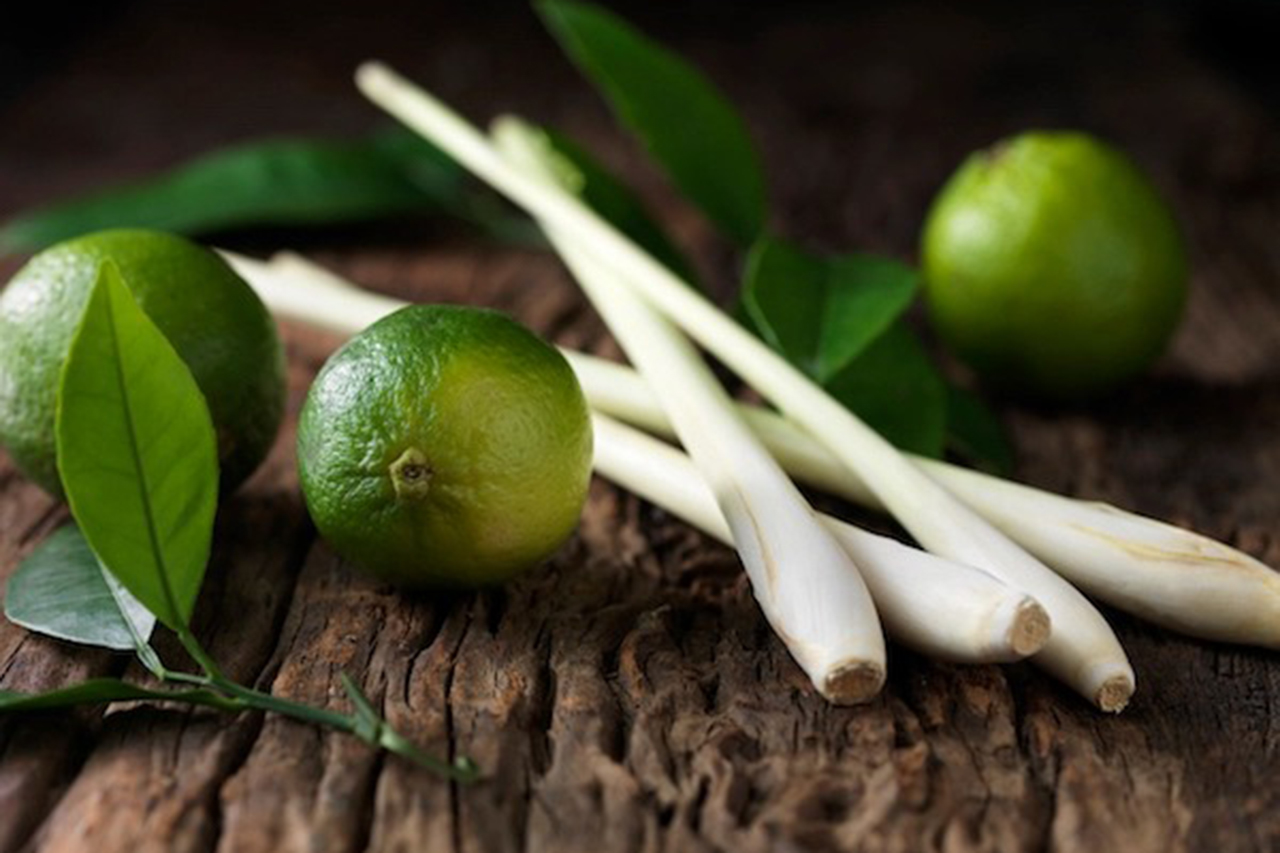
Lemongrass
Used in Thai cooking and various Asian dishes, the oil within lemongrass is similar to that extracted from citronella grass, and is believed to have a similar bug-banishing effect. Scientific research has found that while lemongrass isn’t as effective as the nasty chemical DEET, it does indeed contain bug-repelling properties.
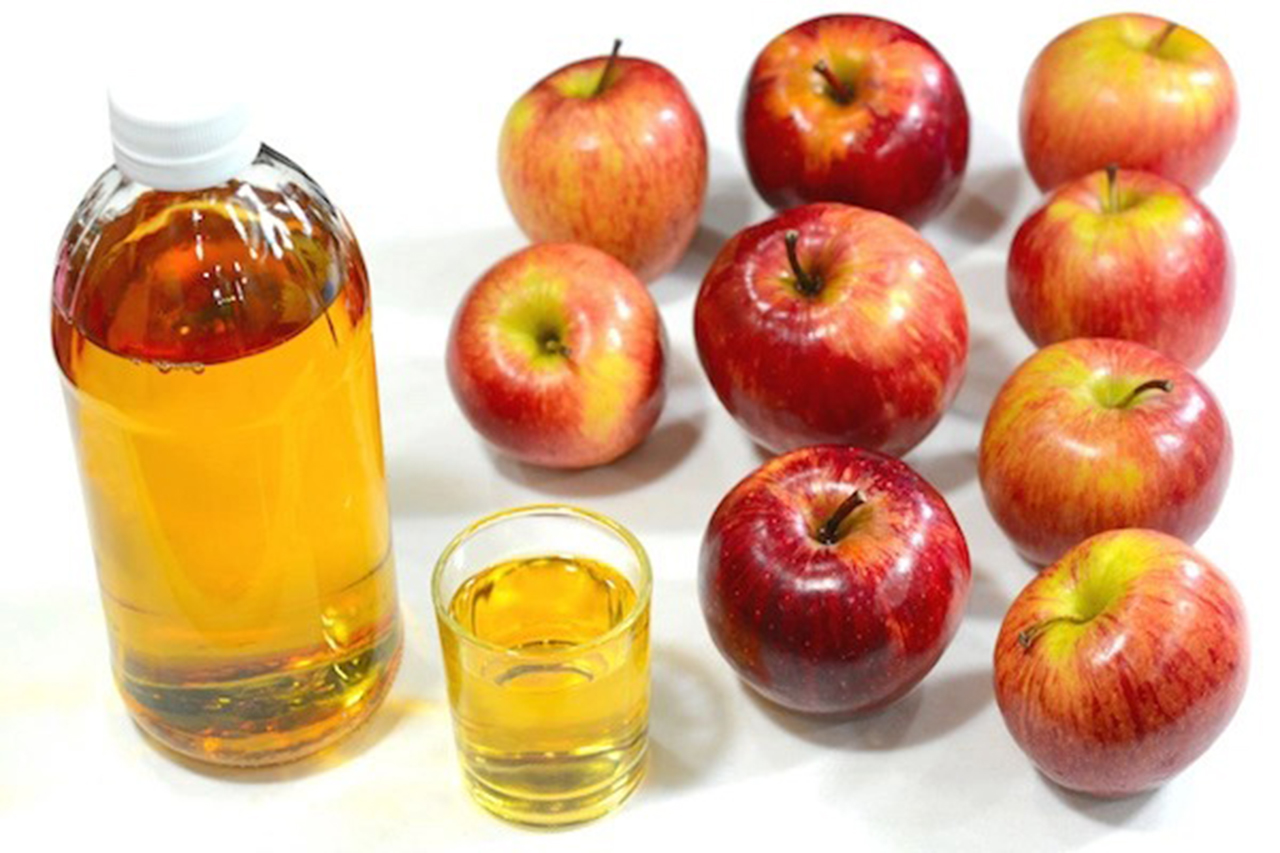
Apple Cider Vinegar
While there’s not yet any scientific evidence to back it up, apple cider vinegar is an old folk-remedy bug repellent that many people swear by. Not only can you put some in a spray bottle (diluted with water) as a bug-spritzing repellent, ingesting a tablespoon of the stuff three times a day is said to cause bugs to flee.

Citrus Fruit
If you’ve ever kept mosquitoes away by burning a citronella candle, then you’ve utilized the power of nootkatone as an insect repellant. What’s nootkatone? It’s a chemical compound found within citrus fruits that has proved to be highly effective in warding off mosquitoes and ticks. Of all citrus, grapefruit has the highest concentration of nootkatone, so eating plenty of grapefruit should make you less attractive to those pesky bloodsuckers.
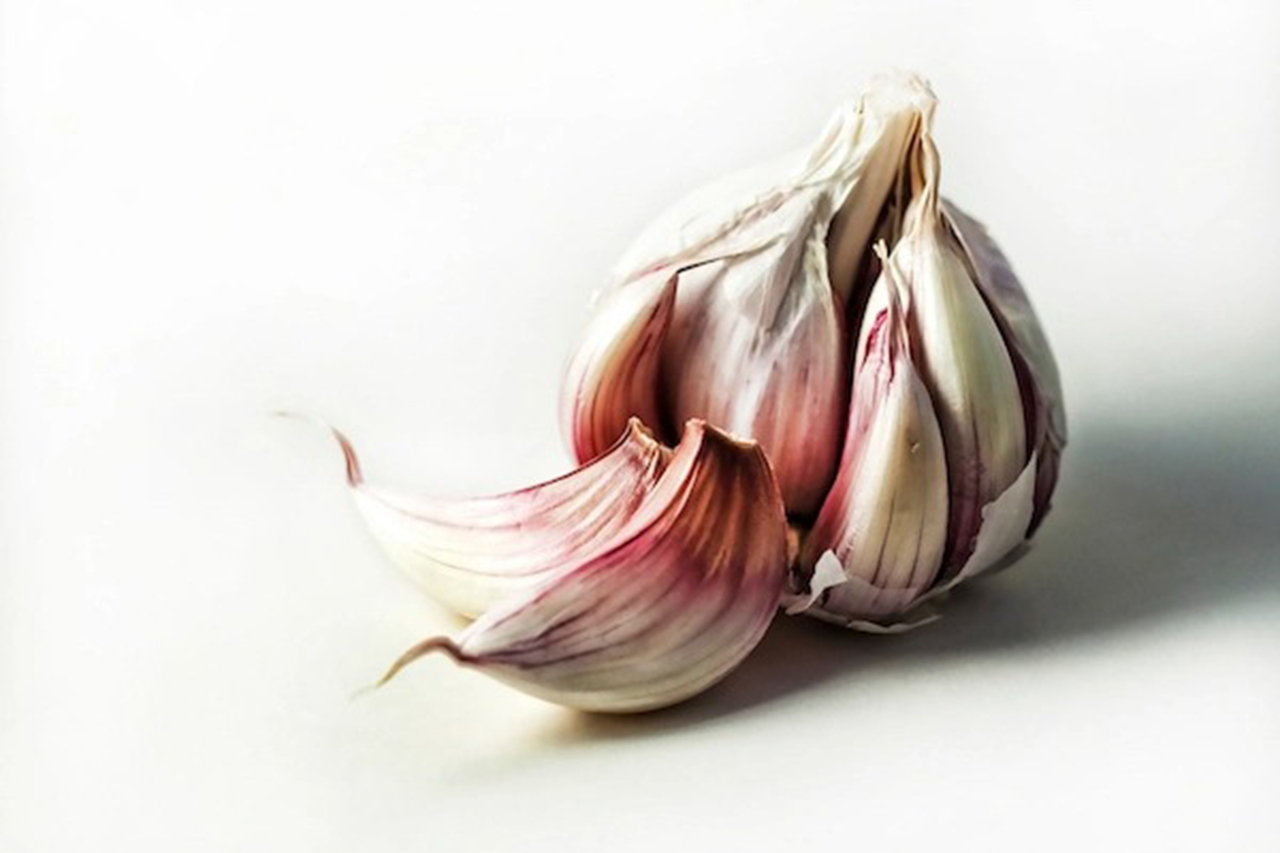
Garlic
Filled with allicin, a compound in garlic that breaks down and releases antioxidants, this cold and flu fighting food is most effective when eaten raw. Add a little extra to your everyday cooking for an extra immune boost.
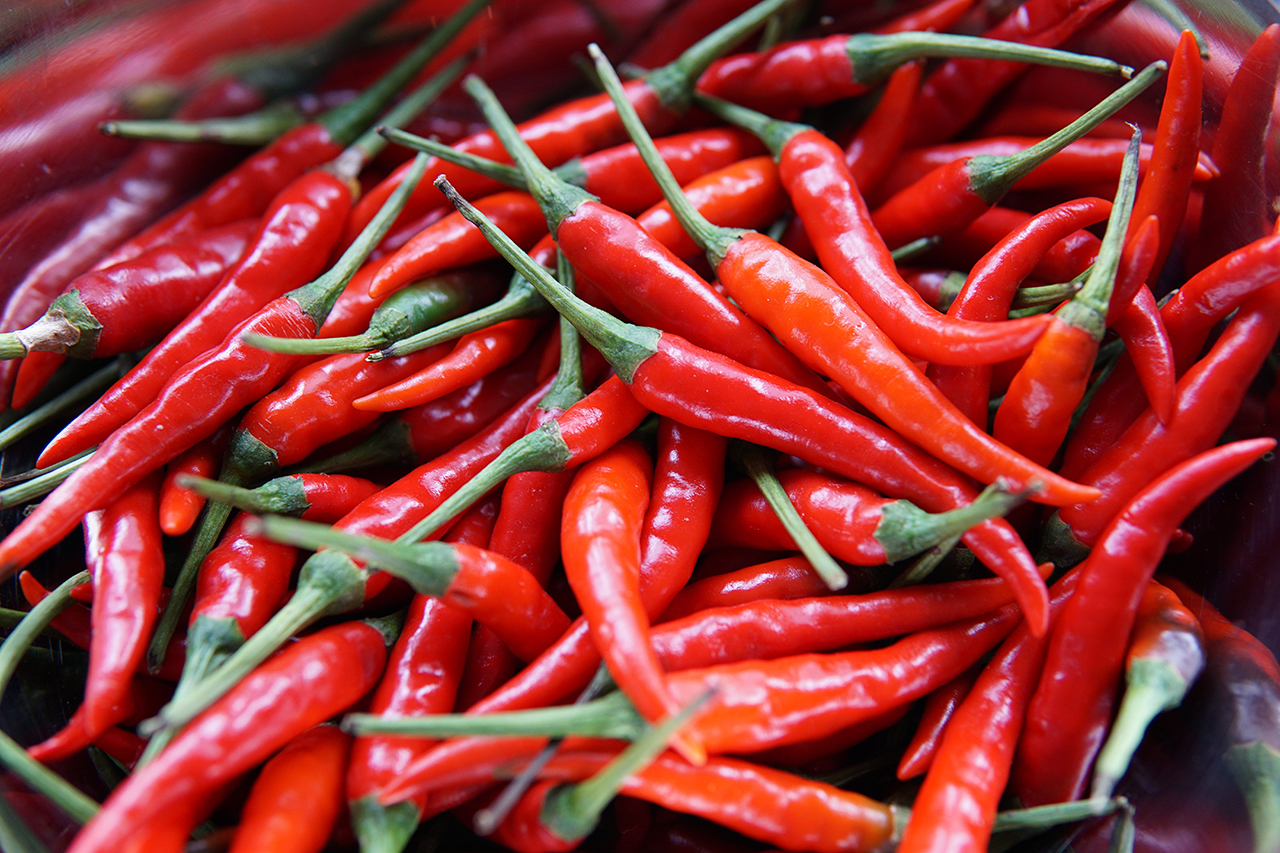
Hot Peppers
Ay, caramba! Those eye-watering chili peppers that heat up fire-alarm chili and other spicy foods have an added benefit as a bug repellent. The reason: the ingredient that makes peppers spicy, capsaicin, causes our skin to emit a smell that insects can’t stand. In fact, research has shown that chili peppers can be an effective all-natural insecticide.

Beans and Legumes
Beans and lentils are rich in vitamin B1, commonly known as thiamine. Thiamine has a distinctive yeast-like smell that insects supposedly hate, so eating dishes consisting of lentils, beans and other thiamine-rich foods is believed to turn your skin into a no-biting zone for bugs.

Alcohol
Does drinking alcohol make us less likely to get bitten by bugs? Could be, and there’s actually evidence supporting this “more chugs, less bugs” theory. Basically, it boils down to the fact that you’ll probably sweat less when drinking a frosty beverage (which decreases your body’s emission of lactic acid, which mosquitoes love), along with alcohol’s propensity to boost your body’s levels of vitamin B-1 (thiamine), thus keeping bugs away. And even though there’s no scientific proof that drinking alcohol will repel bugs, you’ll probably forget about them after a few cocktails anyway!
